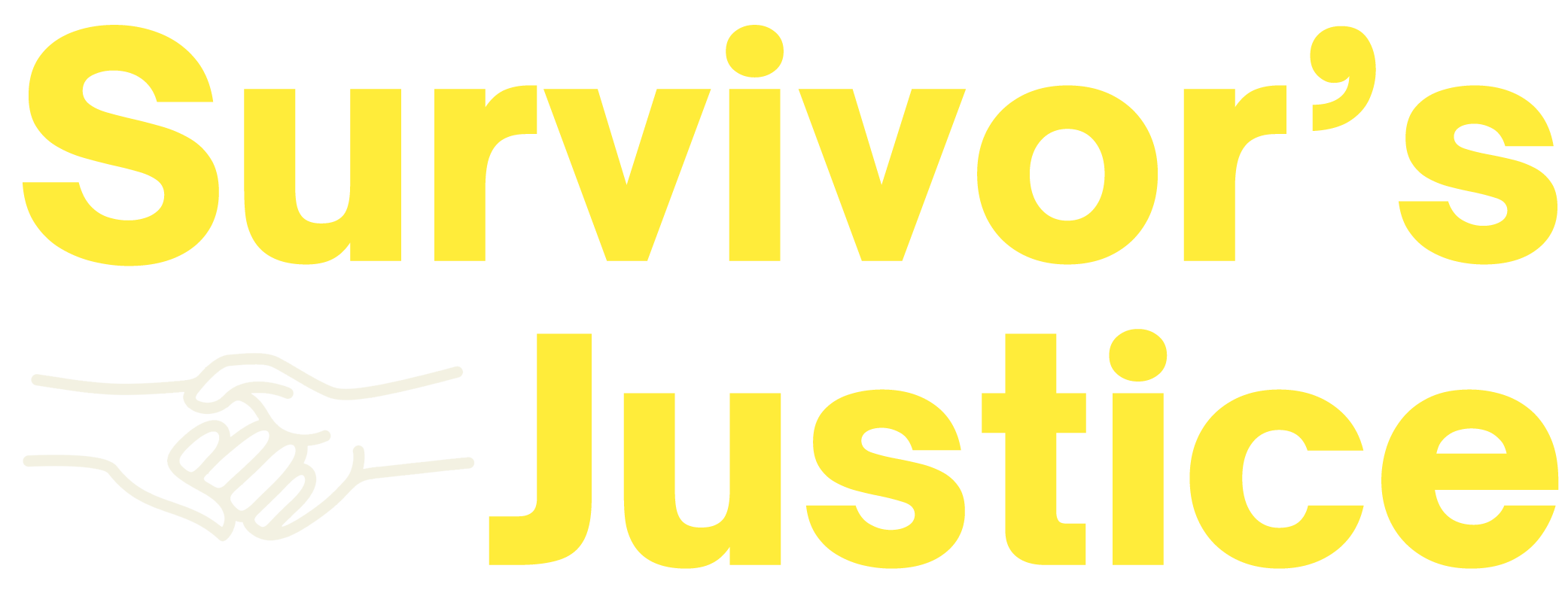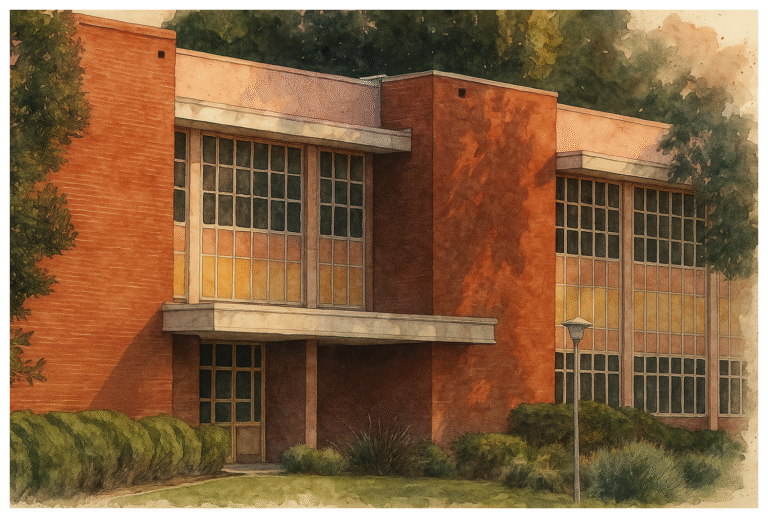The 2025 LAs County settlement (how it relates to MacLaren)
In April 2025, LA County announced — and its Board approved — a $4 billion settlement to resolve over 6,800 childhood sexual abuse claims tied to county custody. Many of the allegations involve MacLaren, a juvenile facility that closed in 2003. Payouts are set to be managed by an independent team, and the County has acknowledged the harm and committed to reforms.[1][2][6][7][8]
Important: Even with a global settlement, individual facts matter. Some claims may fall outside the settlement process or require additional steps. Speaking with a lawyer ensures you understand your options and any deadlines that still apply.[2]
What survivors shared about their experiences at MacLaren (brief context)
According to public reporting and lawsuits, survivors described long-running issues such as sexual assault, excessive restraints, overmedication, retaliation, and unsafe conditions. The County Civil Grand Jury also cited failures in oversight and background checks.[5][9]
What survivors can do in the first 72 hours to protect themselves and their case
- Begin with your own memories: write what you can about who was there, what happened, where, and when. It’s natural for details to be blurry. Even things like staff names, unit areas, or rough years can help.
- Collect what you can: whether it’s paperwork, photos, letters, or connections with others who were there.
- Ask for records:
- Ask DCFS for your confidential case or juvenile records. We’ve included instructions and contact information to help.[10]
- Request non-confidential administrative records — such as policies and audits — through CPRA. Start with DCFS at recordrequest@dcfs.lacounty.gov or check LA County’s PRA contact list.[10]
- Reach out to a lawyer right away — deadlines for settlements or civil claims can come up fast, even when there’s already been a big public announcement.[2]
Who is eligible to bring a claim?
- You may qualify if you lived at MacLaren Children’s Center/MacLaren Hall (El Monte) before its 2003 closure and were subjected to sexual abuse, exploitation, or related harm by staff, contractors, or others while in County custody. [1][5]
- Survivors who were retaliated against or overmedicated in ways linked to abuse, or intended to cover it up, may qualify. [5]
- You reported the abuse (or tried to) and nothing was done — or you were punished. Public reports show this happened to many. [5]
Not sure if your time there matters for a claim? That’s completely fine. We’ll hear your story, go through the timeline alongside you, and give confidential advice.
Records & where to request them (MacLaren/DCFS)
- DCFS Public Records (CPRA): recordrequest@dcfs.lacounty.gov (members of the public).[12]
- DCFS Case Records (juvenile/dependency): process via DCFS Case Records page (County Counsel Confidentiality Unit handles requests).[10]
- Countywide PRA contacts directory: LA County’s newsroom page routes to department custodians.[11]
Tip: Your CPRA can include requests for policies (incident reporting, medication/chemical restraint, staffing), inspection and audit reports, and facility logs from the years you were placed there. For individual juvenile case records, go through the DCFS process.
How we help survivors
- We listen first, in confidence — and work with you to build your timeline.
- We help request and preserve records — through CPRA and the juvenile records process.
- We guide you onto the right path — whether that’s a settlement program or a traditional lawsuit.
- We pursue compensation and accountability — always with the goal of minimizing re-traumatization.
Frequently Asked Questions
Is MacLaren part of the big LA County settlement?
Yes. County statements and major news outlets confirm the $4 billion settlement includes thousands of claims tied to county custody, including at MacLaren Children’s Center (which closed in 2003). [2][6]
Do I have to be in the settlement to get help?
Not always. The County has said the deal will resolve most — but not all — claims. Your facts and dates matter, so it’s best to talk with a lawyer about which path is right for you. [2]
I don’t have papers from the 1990s or 2000s — can I still come forward?
Yes. You can. We can help request both confidential case records and administrative files today. Start with a consultation, and we’ll draft the requests with you.
Was MacLaren a juvenile jail?
No. MacLaren was a county foster-care receiving center, part of the child-welfare system. But many described it as operating like a secure campus. Oversight rules were different from those for juvenile halls.
What if I was also in an LA County juvenile hall or camp?
That’s very common. We’ll help map your placements across both DCFS and Probation, and then use the right standards and record-request paths for each.
Sources
- https://www.latimes.com/archives/la-xpm-2003-mar-11-me-mac11-story.html
- https://lacounty.gov/2025/04/04/la-county-reaches-4-billion-tentative-settlement-in-thousands-of-sexual-abuse-cases/
- https://apnews.com/article/los-angeles-county-sexual-abuse-juvenile-facilities-37d06fa55aacbe072051546ead07a65b
- https://www.washingtonpost.com/nation/2025/04/05/los-angeles-county-4billion-sex-abuse-settlement/
- https://www.latimes.com/california/story/2022-05-17/abuse-allegations-maclaren
- https://www.washingtonpost.com/nation/2025/04/05/los-angeles-county-4billion-sex-abuse-settlement/
- https://www.reuters.com/world/us/los-angeles-county-settle-over-6800-sex-abuse-claims-4-billion-2025-04-04/
- https://www.latimes.com/california/story/2025-04-29/l-a-county-approves-4-billion-sex-abuse-settlement-largest-in-u-s-history
- https://grandjury.co.la.ca.us/gjury01-02/grandjury01-02.pdf
- https://dcfs.lacounty.gov/parents/court-proceedings/case-records/
- https://lacounty.gov/newsroom/public-information/public-records-request-contacts/
- https://dcfs.lacounty.gov/contact/


